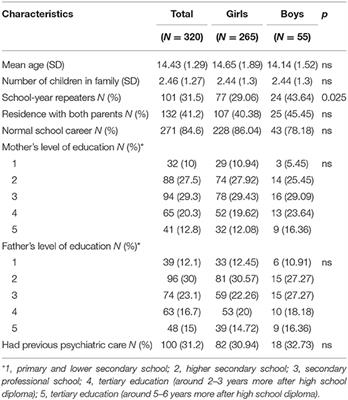EDITORIAL
Published on 08 Aug 2022
Editorial: Understanding the influences of sex and gender differences in mental disorders
doi 10.3389/fpsyt.2022.984195
- 2,422 views
- 4 citations
8,623
Total downloads
37k
Total views and downloads
EDITORIAL
Published on 08 Aug 2022
HYPOTHESIS AND THEORY
Published on 28 Jun 2022
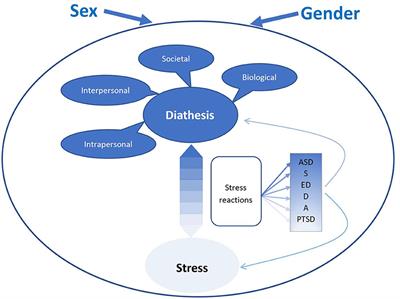
BRIEF RESEARCH REPORT
Published on 15 Jun 2022
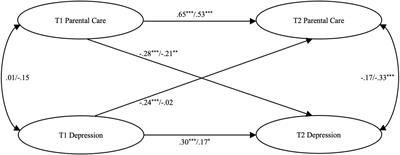
ORIGINAL RESEARCH
Published on 02 May 2022
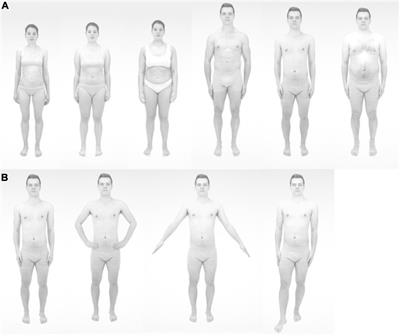
ORIGINAL RESEARCH
Published on 25 Apr 2022
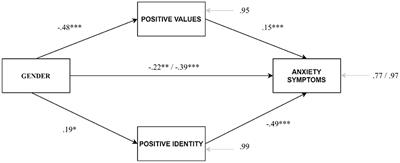
ORIGINAL RESEARCH
Published on 06 Jan 2022
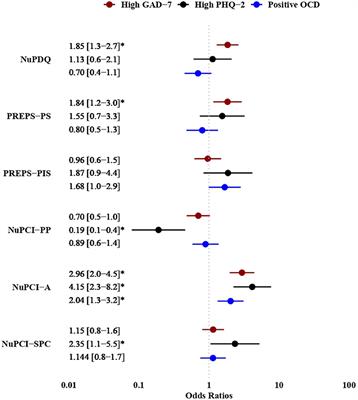
ORIGINAL RESEARCH
Published on 20 Jul 2021
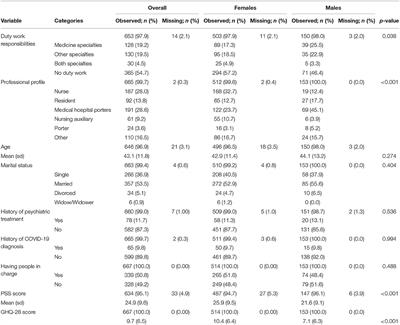
ORIGINAL RESEARCH
Published on 25 Jun 2021
